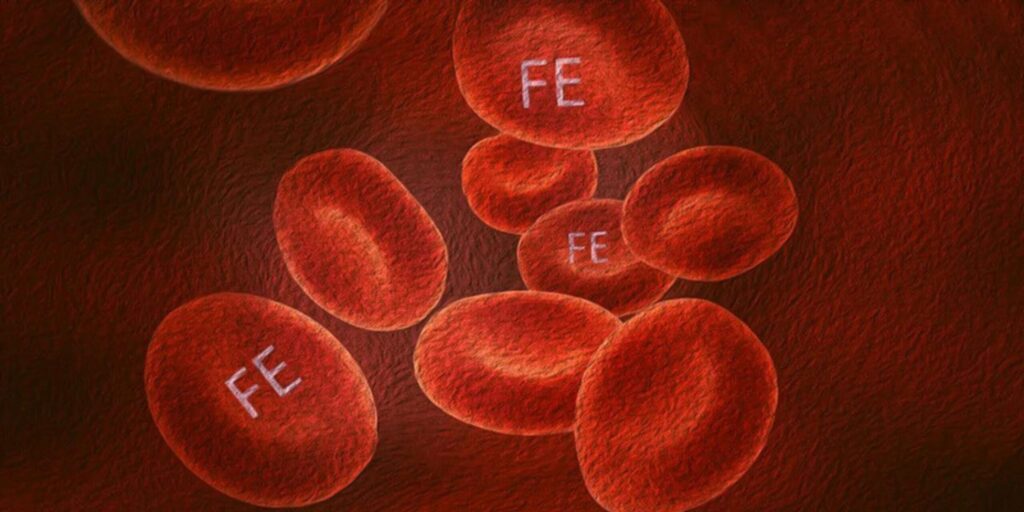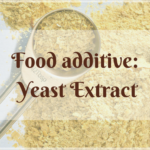Benefits of iron
This article thoroughly explains the benefits of iron. Iron is a mineral that the body needs to grow and stay healthy. Iron is indispensable to producing haemoglobin, a protein in red blood cells that carries oxygen from the lungs to various body organs, and myoglobin. Myoglobin is a protein that gives oxygen to muscles. Some hormones in your body can’t be made without iron.
The most important thing this mineral does is help make haemoglobin. Also, because it is a part of haemoglobin, it helps move oxygen to the cells of the body. Humans need more haemoglobin because there are many ways to lose blood, including internal and external injuries. During their menstruation period, women lose a lot of blood every month. This is one of the primary reasons women are more likely than men to have anaemia.
One health benefit of iron is that it helps move oxygen from one cell to another by acting as an oxygen carrier. This is an essential job for iron since every organ system needs oxygen to work correctly.
Recommended intake
The Recommended Daily Allowance (RDA) for iron differs for men and women of different ages. Iron needs are also different for vegetarians.
Infants:
0.27 milligrammes for infants aged 0 to 6 months
11 mg for 7 to 12 months
Children:
7 mg for children aged 1 to 3 years
10 mg for children aged 4 to 8 years
Males:
8 mg for kids aged 9 to 13 years
11 mg for ages 14 to 18.
8 mg for those aged 19 and up
Females:
8 mg for children aged 9 to 13 years
14–18 years old: 15 mg
18 mg for people aged 19 to 50.
51 years of age and older: 8 mg
27 mg during pregnancy
When lactating after the age of 19: 9 mg
Improving muscle health is included in the benefits of iron. Iron can be found in muscle tissues, and it helps the muscles get the oxygen they need to contract. Without iron, muscles lose tone and elasticity. Weak muscles are one of the most obvious signs of anaemia.
Uses of Iron
Iron supplements can help people who can’t get enough iron from their diet alone, like those who eat mostly plants. It is better to try to get all the iron you need from your diet by removing or reducing items that can stop iron from being absorbed and eating iron-rich foods.
This is because many iron-rich foods also contain a wide range of other healthy nutrients that work together to improve your health as a whole.
Enhancing brain function is one of the benefits of iron. Iron helps the brain grow, which is just one of its many benefits. Iron helps the blood carry oxygen, and since the brain uses about 20% of the oxygen in the blood, it is directly linked to brain health and function. Proper blood flow in the brain can stimulate cognitive activity and help create new neural pathways. This is important for preventing reasoning disorders because it can help prevent cognitive disorders.
Health benefits of iron
Iron is an essential part of how the body keeps its temperature stable. It can regulate itself based on how much the body can absorb, which is interesting. Keeping your body temperature stable lets enzymes and metabolic processes work best and most efficiently.
The benefits of iron include helping restless leg syndrome. Iron insufficiency is one of the things that can lead to restless leg syndrome. Low levels of iron in the blood are a significant cause of the condition. Taking iron supplements at the recommended levels can help with this problem. This is related to muscle spasms, which can signify a lack of this mineral.
Iron also helps treat chronic diseases like anaemia, renal failure, and other conditions of the digestive and elimination systems. Most of the different iron functions are blood-related, but these are not. Iron is still an essential part of many vital processes in the body, not just the circulatory system.



